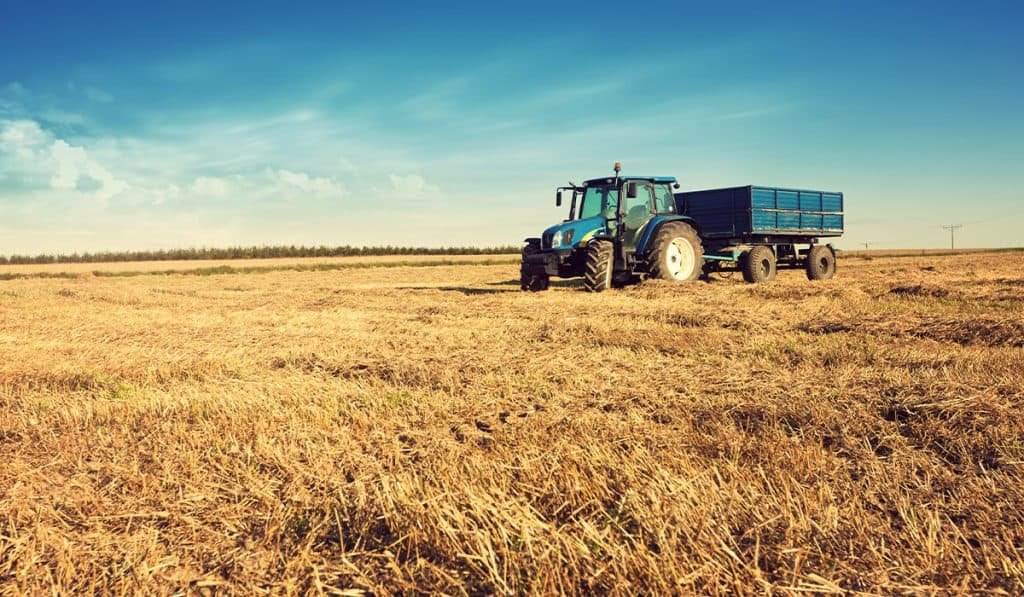Farm work is an essential part of our society, providing numerous benefits to individuals and communities. From physical fitness and health to skill development and a connection with nature, it offers a unique and rewarding experience. In this article, we will explore the various benefits, the different types available, the challenges that come with it, and the future of this vital industry.
The Benefits
1. Physical Fitness and Health
Engaging in farm work requires physical exertion, making it an excellent way to stay fit and healthy. Whether it’s tending to crops, managing livestock, or maintaining the farm, the physical demands of farm work provide a full-body workout. From lifting heavy objects to performing repetitive tasks, it helps build strength, endurance, and flexibility.
2. Connection with Nature
Farm work allows you to immerse yourself in nature and experience the beauty of the outdoors. Spending time in the fresh air, surrounded by green fields and animals, can have a calming and rejuvenating effect on your mind and body. It provides an opportunity to appreciate the wonders of the natural world and develop a deeper connection with the environment.
3. Skill Development
Farm work offers a wide range of opportunities for skill development. Whether you’re learning how to cultivate crops, manage livestock, or maintain farm equipment, each task requires specific knowledge and expertise. By engaging in farm work, you can acquire valuable skills such as problem-solving, critical thinking, and adaptability. These skills are not only beneficial in the agricultural industry but also transferable to other areas of life.
Types of Farm Work
1. Crop Cultivation
Crop cultivation involves the planting, growing, and harvesting of various crops. This type of farm work requires knowledge of soil conditions, irrigation techniques, pest control, and crop rotation. Whether it’s growing fruits, vegetables, or grains, crop cultivation is a fundamental aspect of agriculture and plays a crucial role in feeding the world’s population.
2. Livestock Management
Livestock management involves the care and breeding of animals for various purposes, such as meat, milk, or wool production. This type of farm work requires skills in animal husbandry, nutrition, and health management. From feeding and grooming to monitoring their overall well-being, livestock management is essential for ensuring the health and productivity of the animals.
3. Farm Maintenance
Farm maintenance encompasses a wide range of tasks, including repairing fences, maintaining farm equipment, and managing infrastructure. This type of farm work requires practical skills in carpentry, plumbing, and mechanics. By ensuring that the farm’s infrastructure is in good condition, farm maintenance contributes to the overall efficiency and productivity of the operation.
The Challenges
1. Weather Conditions
Farm work is heavily influenced by weather conditions, which can be unpredictable and challenging to manage. Extreme temperatures, droughts, floods, and storms can significantly impact crop yields and animal health. Farmers must adapt to these conditions and implement strategies to mitigate the effects of adverse weather events.
2. Physical Demands
Farm work can be physically demanding, requiring long hours of manual labor in various weather conditions. The repetitive nature of certain tasks, such as planting or harvesting, can lead to fatigue and physical strain. It is essential to prioritize proper rest, nutrition, and self-care to prevent injuries and maintain overall well-being.
3. Market Volatility
The agricultural industry is subject to market volatility, with fluctuating prices and demand for agricultural products. Farmers must navigate these uncertainties and make informed decisions to ensure the profitability and sustainability of their operations. Diversification, market research, and strategic planning are crucial in managing market volatility.
Future of Farm Work
1. Technological Advancements
The future of farm work lies in technological advancements that aim to increase efficiency and productivity. From automated machinery and precision agriculture to data analytics and robotics, technology is revolutionizing the way farms operate. These advancements not only streamline farm processes but also reduce labor requirements and environmental impact.
2. Sustainable Farming Practices
As the world becomes more conscious of environmental issues, sustainable farming practices are gaining prominence. Farm work is evolving to prioritize methods that minimize the use of chemicals, conserve water, and promote biodiversity. By adopting sustainable practices, farmers can protect the environment, enhance soil health, and produce healthier food.
3. Changing Demographics in Agriculture
The demographics of the agricultural workforce are changing, with more young people and women entering the industry. This shift brings fresh perspectives, innovative ideas, and a diverse range of skills to farm work. It is crucial to support and empower these new generations of farmers to ensure the continued growth and success of the agricultural sector.
Conclusion
Farm work is not just a job; it is a way of life that offers numerous benefits and challenges. From physical fitness and a connection with nature to skill development and the opportunity to contribute to food production, it plays a vital role in our society. Despite the challenges it presents, the future looks promising, with technological advancements, sustainable practices, and a changing demographic shaping the industry.
So, whether you’re considering a career in agriculture or simply looking to experience the joys of farm work, embrace the opportunities it offers and be part of this essential industry.
Originally posted 2023-08-29 12:54:54.



